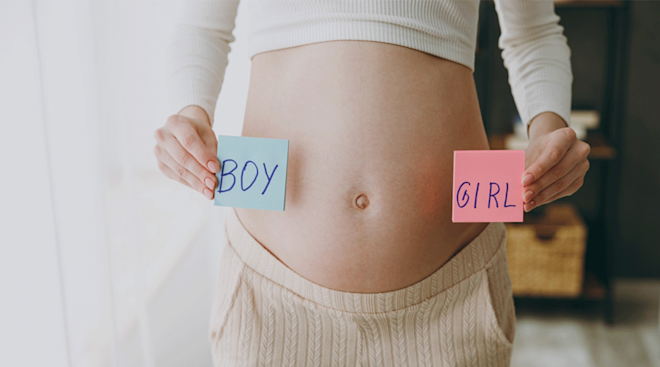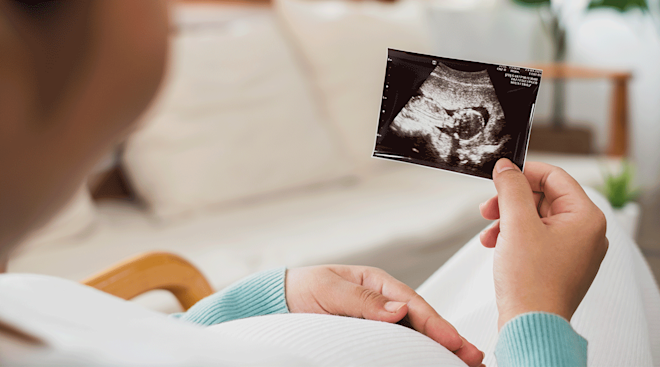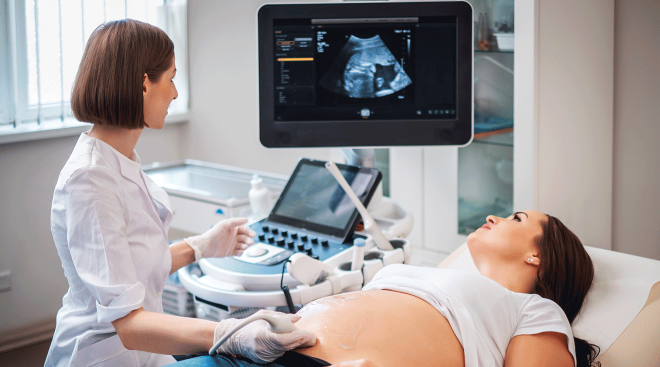Your Blood Pressure Could Determine Your Baby's Sex: Study
Can you predict baby’s sex before first trimester prenatal testing or your second trimester ultrasound? Until now, barring the old wives’ tales, the answer was no. But a new study suggests there might be a way to tell whether you’re more likely to have a boy or girl—by determining what your blood pressure was before you conceived.
Researchers at Mount Sinai Hospital in Toronto, Canada found that women who gave birth to a boy tended to have higher blood pressure (106 mmHg) than those who delivered a girl (103 mmHg)—and that women with the highest blood pressure readings were about 45 percent more likely to have a boy than women with the lowest readings.
The results point to a mother’s blood pressure as a possible indicator of something in her physiology that makes her more likely to deliver a boy or girl. It doesn’t, however, mean that blood pressure directly controls how chromosomes align to establish sex—so sorry, but the sex of your baby is still out of your hands.
“One of the things we don’t want is for people to look at this and think, ‘Oh, we can manipulate the blood pressure before pregnancy and thereby change the chances of having a boy or a girl.’ We definitely are not saying that, because we are not showing cause and effect,” leader researcher Ravi Retnakaran, PhD, tells The Huffington Post. “Moreover, we don’t believe it’s cause and effect. We think it’s a marker of the underlying physiology.”
Scientists measured the blood pressure of 1,411 women about 26 weeks before pregnancy, and adjusted their readings for age, education, smoking, BMI, cholesterol, triglycerides and glucose. Their results, published in the American Journal of Hypertension, made big waves, having unearthed a potentially important factor in determining the sex of babies—but researchers say more exploration is needed.
Navigate forward to interact with the calendar and select a date. Press the question mark key to get the keyboard shortcuts for changing dates.





















































